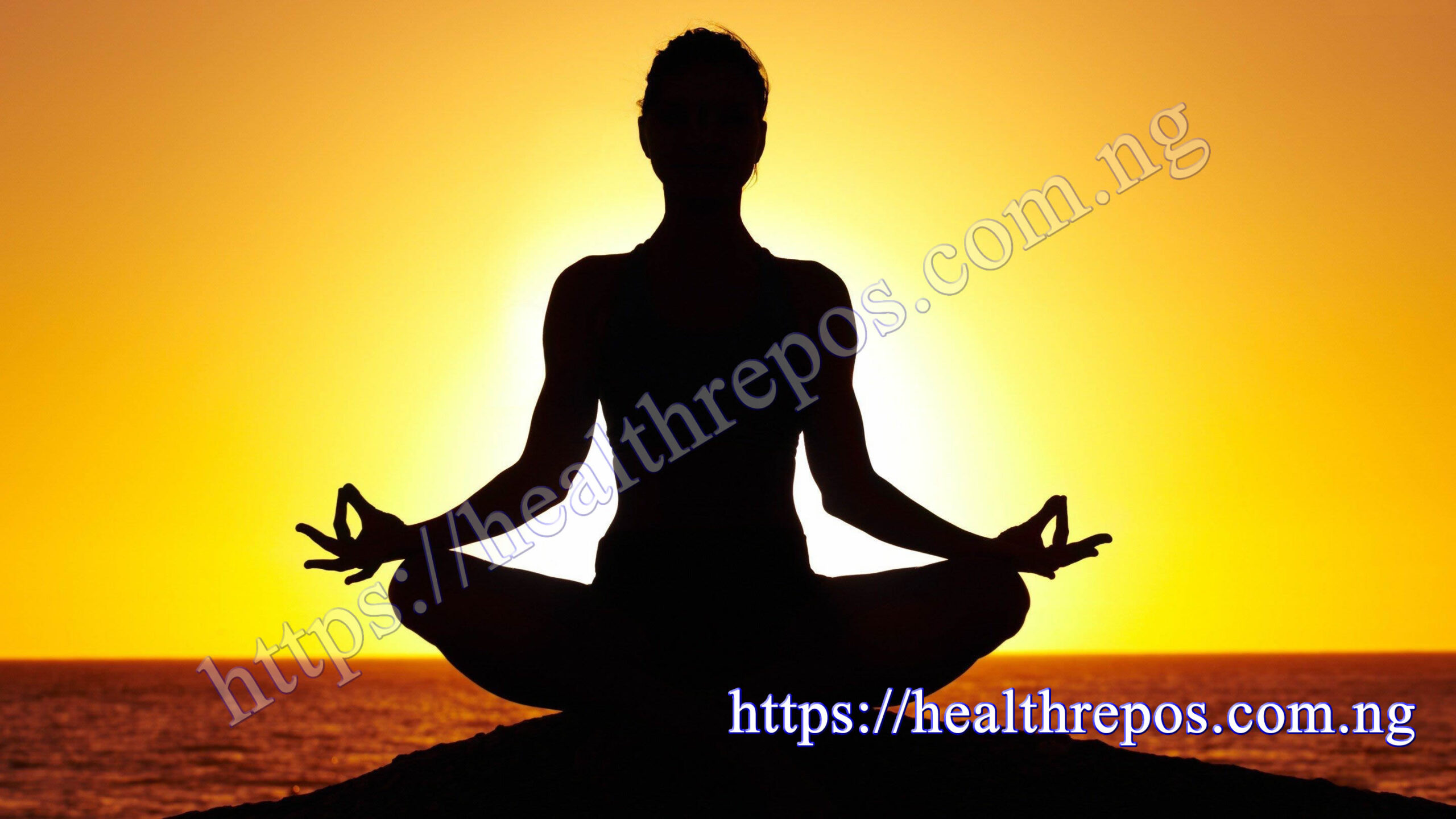
In 2024, we don’t exactly tend to stop and smell the roses. Many of us use the following pattern as our daily “meditation”: inhale, respond to emails, exhale, read the news, rush to my exercise class on time, exhale, prepare meals. It is more crucial than ever to take a moment to stop and retrain your mind to enjoy the things that are in front of you, especially with so many distractions streaming across our screens and our calendars virtually bursting at the seams.
The practice of using both mental and physical approaches to attend to the mind is called meditation. The history of this wellness icon goes all the way back to 5,000 BCE. It has been discovered that meditation helps people battle addiction, reduce stress, anxiety, and sadness, and elevate mood.
and life quality, and, well, the list is endless.
Similar to the variety of yoga styles, there are other meditation traditions as well, such as transcendental, Zazen, Kundalini, Vedic, and, of course, mindfulness.
Meditation instructor Adreanna Limbach says, “When it comes to mindfulness, the ‘textbook’ definition that I return to again and again is from Jon Kabbat-Zinn, who developed Mindfulness-Based Stress Reduction (MBSR).” “The consciousness that comes when we’re paying attention, on purpose, in the present moment, non-judgementally,” according to [Kabbat-Zinn].”
According to Limbach, the essential component is non-judgment. It is not necessary for us to focus on what is good, terrible, right, or incorrect while we practice mindfulness, and we also don’t need to convince ourselves that we are “bad at mindfulness” if our to-do list comes first.
Suddenly, thoughts flash across our minds. “To be honest, it’s a relief that we’re letting our agenda, opinions, and preferences all relax a little bit,” adds Limbach. Being mindful allows us to see our experiences with openness and humor. It has a certain buoyancy. As soon as we can dive into it, it’s like a gas.
This “buoyant,” gentle exercise slows down the world and gives us space and time to be thankful for everything we have. For example, “take a warm mug of coffee on a cold, rainy morning,” advises Limbach. “We may feel the cold at the tip of our nose and hear the gentle patter of rain against the window when we are engaging in mindfulness practices. The glossy ceramic cup radiates to us.
warming feeling on our palms. Maybe we’ll feel our toes cuddled up in warm socks and smell the earthiness of the beans.
The same reasoning holds true when it comes to listening to someone you care about, says Headspace instructor of mindfulness and meditation Samantha Snowden. “We see the whole person in front of us and naturally begin to care more about each relationship in our lives when we listen mindfully, giving our full attention to what others say and how they are,” the speaker says. In summary, practicing mindfulness can help us appreciate both the little things in life, like a cup of coffee, and the big things, like a meaningful conversation. Identify another routine that has that ability.
Three Methods for Mindfulness and Appreciation Meditation
We could all
Employ a tiny bit more appreciation. Here are several go-to techniques for nurturing gratitude wherever you are, from Melissa Wood Health inventor and meditation instructor Neeti Narula to Snowden and Limbach.
Practice 1: Being Grateful for Our Work Meditating
Still not quite ready to close your eyes? You can practice cultivating thankfulness by using Snowden’s question as a journaling exercise or meditation. “This moment to recognize your work honors all the ways you manifest yourself in the world, serving as a reminder of your fortitude, kindness, diligence, and concern,” adds Snowden. “This is an empowering technique since it allows us to affirm ourselves without waiting for validation from others.”
Practice 2: Using Your Five Senses to Practice Appreciation and Mindfulness
Your five senses are constantly active, but if you pay close attention to them, that in itself is a mindfulness practice, according to Limbach.
Practice 3: Centered Mindfulness
Imagine that you are in the elevator at work or in the waiting area of your doctor’s office and you have a limited amount of time. Allow these times to have significance rather than dismissing them as “boresome.” “Meditation and mindfulness help us see the beauty in even the seemingly ordinary aspects of our lives,” adds Narula. “Every day feels special and fulfilling when we approach life with greater appreciation for even the “boring” things.”